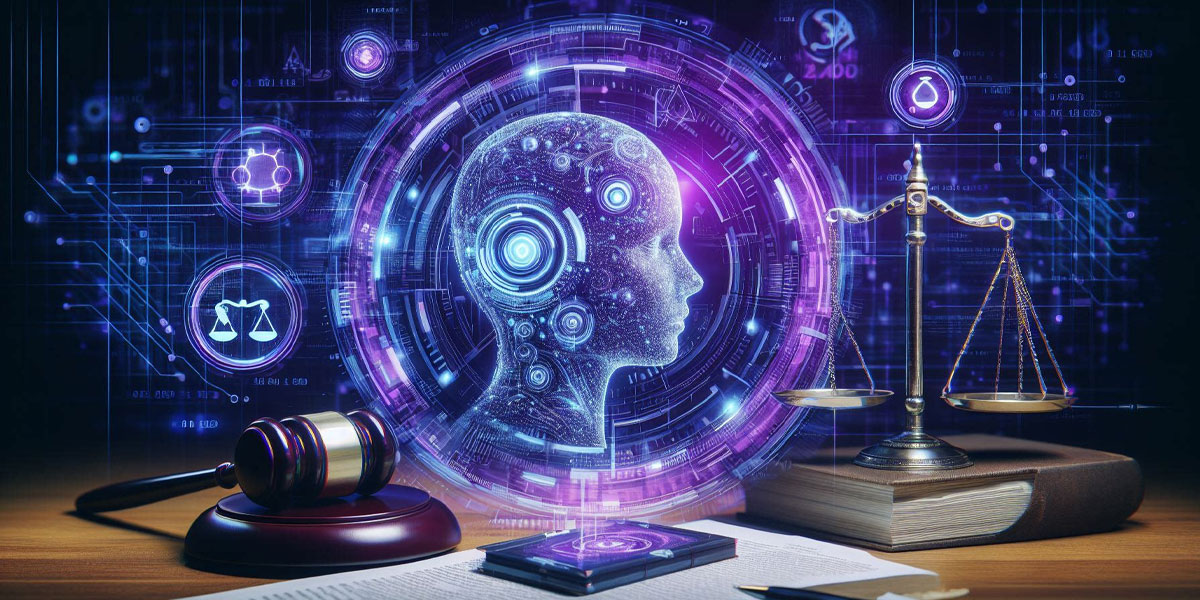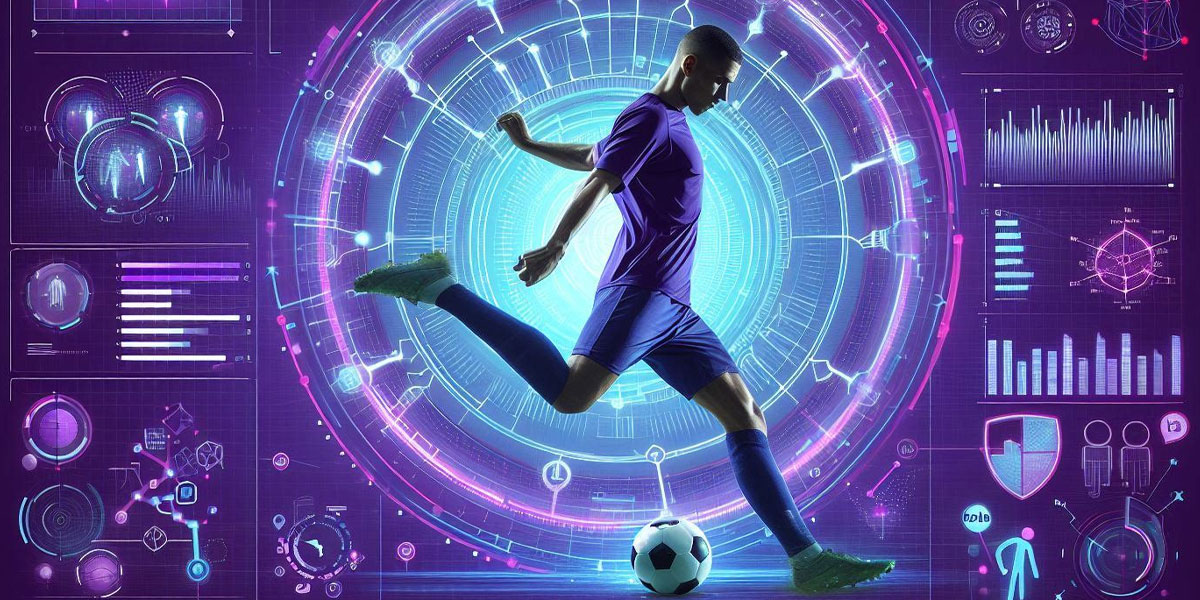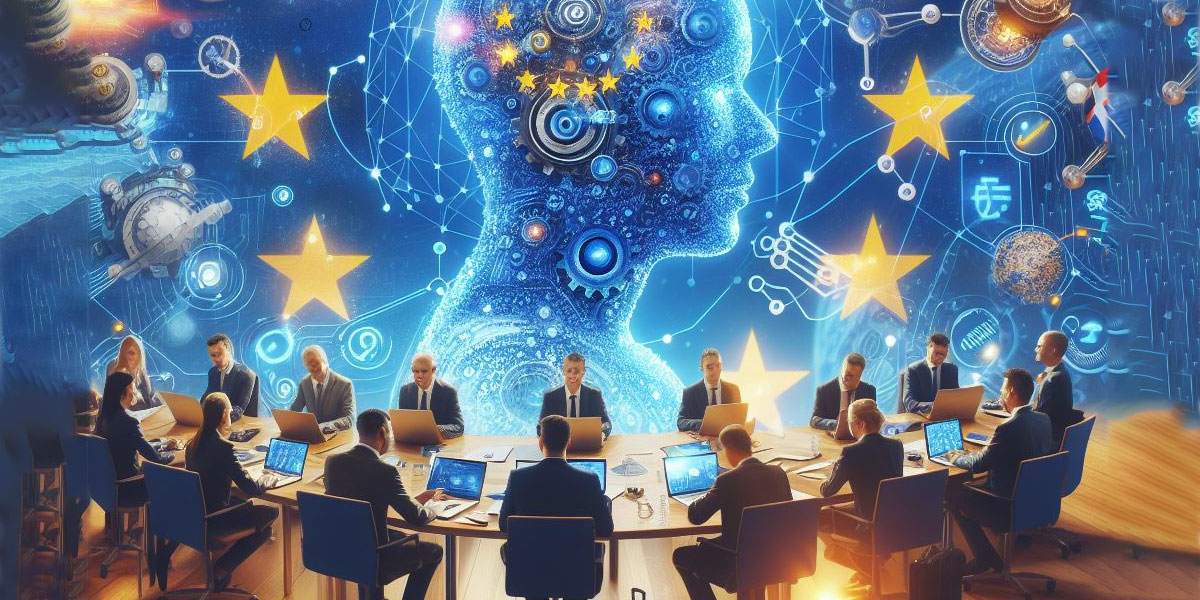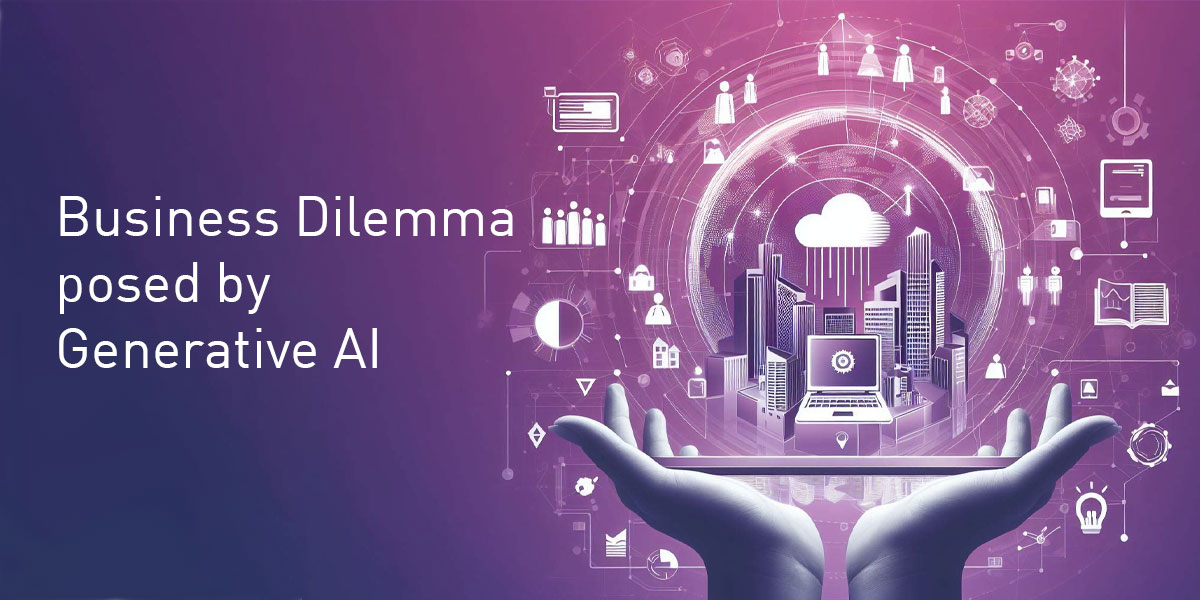Necessary cookies are absolutely essential for the website to function properly. These cookies ensure basic functionalities and security features of the website, anonymously.

The AI Wrote My Homework
2023 put one of the biggest assessment tools to the test - the essay was no longer a reliable method of testing student attention and knowledge. Digital watermarking could be the solution, but it’s not the answer to everything.
In many English speaking countries, academic integrity is everything. Breaches are heavily punished and once you’ve been called out as a cheat, it can be hard to recover a reputation.
The ease of sourcing content in a digital format through search engines made it possible to copy and paste content with great ease but almost immediately, text checkers - a very simple matching technology - came to the rescue. Essays could easily be scanned for potential plagiarism, deterring would-be cheats with the threat that their behaviour could easily be detected and punished. It also reassured academics that their assessment system was somewhat robust.
Generative AI and the release of the more capable ChatGPT-3 at the end of 2022 made it easy and accessible to anyone who could use a search engine to get the AI to do their homework. You would think the creators might have given educators a bit of a heads up on what was about to hit them.
The Technical Response
Each AI generated essay is unique and therefore likely to pass the text checker every time. Before students rejoice and make their way to the nearest nightclub, the solution may come as early as next year in the form of watermarking. A watermark is a simple bit of technology which embeds identification information into the data generation process. In other words, we can spot which machine generated the text, including when and where with ease.
At the IoA, we promote honesty around the use of Generated AI. Our Checklist for an Organisational Generative AI Policy includes the recommendation to always state when people are interacting with a machine. It builds goodwill and openness. But if you’re a 14 year old trying to get out of doing your homework, codes of conduct may not be a strong enough deterrent.
A Solution Originally Designed to Protect Content Creators
When the concept of watermarking was originally proposed, the recommendations were concerned less about protecting machine content and more about giving some rights to the human content creators that these machines feed off. When a machine can be trained to reproduce an actor’s face and voice imperceptibly, why pay the actor’s fees? We tested out the joke-writing capabilities of ChatGPT-4. It was pretty good at mimicking the comedic style of the artists we input but with original material.
The original proposals for watermarking were to watermark at the data-ingestion phase, making it possible to flag-up in the output when a machine was ‘mining a person’s creative artistic property’ - in other words, ripping them off. Somehow, that proposal has been co-opted by the large tech companies to protect the machine output - admittedly in response to public pressure, but it also won’t hurt their business model.
The Wider Discussion
In 2023 we should be having wider debates around trust. We do need digital markers to inform us when an AI has been used. We don’t have education systems that can pivot with the speed of an AI start-up. Failing kids for just a few months of their educational career can knock them onto the wrong trajectory for the rest of their studies. But once the good guys agree to introduce watermarks, a black market in non-watermarked documents will probably spring-up. For the time being, these may be identified by poor quality - machines like ChatGPT don’t get trained overnight and the illegal versions are unlikely to be able to pass the bar exams (something ChatGPT-4 seems able to do). But we are already unable to reliably distinguish human and machine generated online content and that distinction is only going to blur further. We could be about to face an even worsening information ecosystem, and that is a matter for wider public debate.






